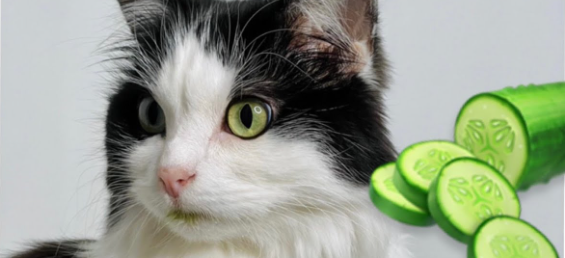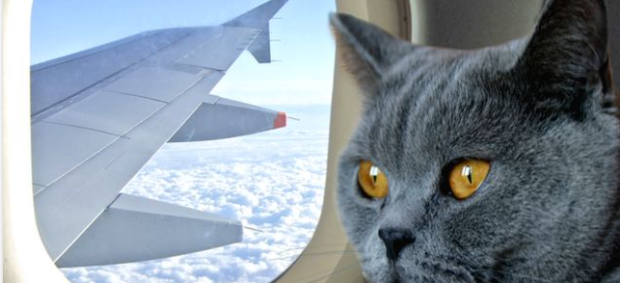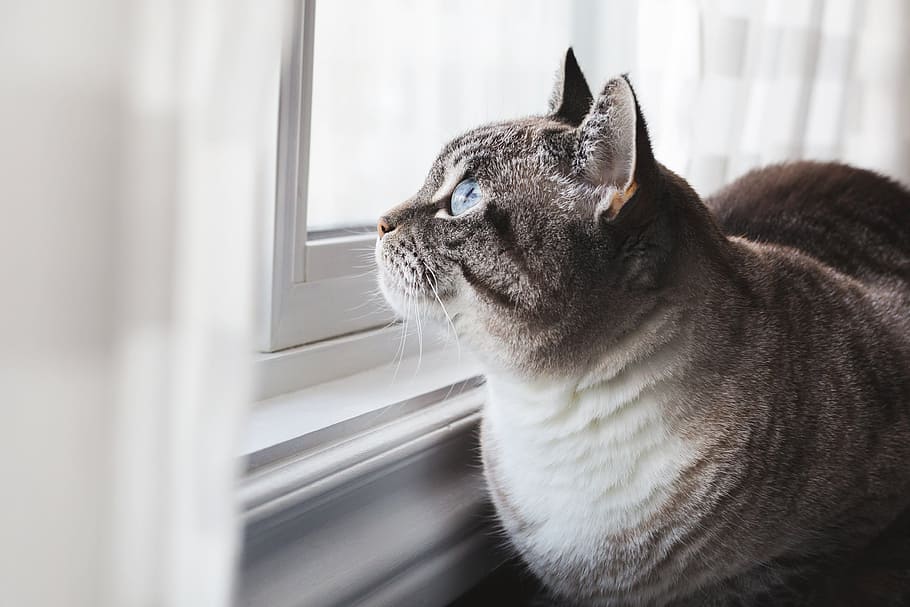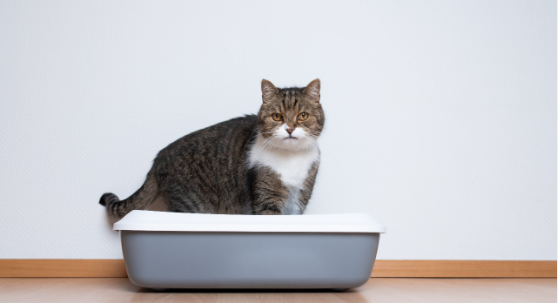What human food do cats like the most?
The Basics: Understanding Your Cat’s Dietary Habits
Cats are known for being picky eaters, and their dietary habits can be quite different from humans. In the wild, cats are obligate carnivores, meaning they require a diet that is primarily made up of meat.
Domesticated cats have similar dietary needs, and their bodies require certain nutrients that can only be found in animal-based proteins. In addition to needing a high protein intake, cats also require other essential nutrients such as taurine, vitamin A, and arachidonic acid.
These nutrients are not naturally produced by a cat’s body and must be obtained through their diet. This is why it’s important to provide your feline friend with a balanced diet that meets all of their nutritional needs.
Why Does It Matter What Human Foods Cats Like?
You might be wondering why it even matters if your cat likes human food or not if they have specific dietary needs already. While it’s true that cats don’t need human food to survive, incorporating some human foods into their diet can provide them with additional nutrients and variety in their meals. Additionally, knowing what human foods your cat enjoys can come in handy if you need to give them medication or supplements.
Some medications or supplements can be mixed with certain types of foods to make them more palatable for your feline friend. Overall, knowing what human foods your cat likes can help you provide them with a well-rounded diet while also making mealtimes more enjoyable for both you and your furry companion.
Common human foods that cats enjoy
As pet owners, we all know that our feline friends can be quite picky when it comes to food. While it’s important to feed them a balanced diet designed for cats, it’s also natural to want to give them a special treat occasionally.
Tuna and other fish
Tuna is perhaps the most obvious human food that cats love. In fact, many commercial cat foods are flavored with tuna because of their popularity among felines.
However, you should avoid giving your cat too much tuna due to its high levels of mercury. Other fish like salmon or sardines can be a healthy alternative.
When feeding your catfish, be sure to cook it thoroughly and remove any bones before serving. Raw or undercooked fish can contain parasites that may harm your cat’s health.
Chicken and other meats
Cats are obligate carnivores, meaning their diet should consist of high-quality animal protein. Chicken is an excellent source of protein for cats and can easily be prepared at home without seasoning or sauces.
If you’re considering feeding your cat meat from other animals such as beef or pork, make sure it’s lean and cooked thoroughly. You should also avoid giving them any processed meats like bacon or sausages as they often contain preservatives and additives that aren’t healthy for cats.
Cheese and dairy products
Many people assume that cats love milk because of its appearance in cartoons and movies but the truth is most adult cats are lactose intolerant. Cheese is generally a safer option since the lactose content is lower but should still only be given as an occasional treat due to its high-fat content. It’s important to note that while cheese and dairy products might be a delicious treat for your cat, they are not nutritionally necessary and should not replace a balanced diet designed for cats.
Foods to avoid feeding your cat
While it’s tempting to share your food with your furry friend, not all human foods are safe for cats. Here are some foods that you should always avoid feeding your cat:
Chocolate and caffeine
Chocolates and caffeinated drinks contain theobromine, which can cause vomiting, diarrhea, rapid heartbeat, seizures, and even death in cats. The darker the chocolate is, the more dangerous it is for cats.
Additionally, caffeine can lead to similar symptoms. If you suspect that your cat has ingested any food or drink containing chocolate or caffeine, take them to a vet immediately.
Onions, garlic, and chives
All members of the Allium family contain compounds that are toxic to cats. If consumed in large amounts or over an extended period of time, onions or garlic can damage a cat’s red blood cells leading to anemia.
Symptoms include weakness, lethargy, and pale gums. While chives aren’t as toxic as onions or garlic- they can still cause gastrointestinal discomfort in felines if eaten in large quantities.
Therefore it’s essential to keep onions and garlic out of reach of your cat at all times. Read ingredient lists carefully when choosing pet food because onion powder sometimes shows up there too!
Grapes and raisins
Grapes and raisins may seem like innocent snacks for humans but they can be harmful to our feline friends causing kidney failure over time if consumed regularly. The reason behind this toxicity isn’t yet understood which makes avoiding these fruits altogether even more important. If you think that your kitty has eaten grapes or raisins then look out for signs such as vomiting or decreased appetite which could indicate kidney damage- see a vet as soon as possible.
Healthy Human Foods for Cats
While it’s important to feed your cat a balanced diet that includes commercial cat food, there are some human foods that can be added to their diet in moderation. Cooked vegetables such as carrots, green beans, and peas provide essential vitamins and minerals that your cat needs.
These vegetables are also low in calories and can help keep your cat’s weight in check. Fruits such as bananas, blueberries, and watermelon can also be given to cats as treats.
Bananas are a good source of potassium while blueberries are high in antioxidants. Watermelon is a hydrating fruit that contains vitamins A and C. As with any new food, it’s important to introduce these fruits slowly into your cat’s diet to avoid upsetting their digestive system.
Cooked eggs are another option for adding protein to your cat’s diet. Eggs should always be cooked before being given to cats because raw eggs can contain harmful bacteria such as salmonella.
Eggs should also be given in moderation since they are high in cholesterol. When introducing new foods into your cat’s diet, it’s important to consult with a veterinarian first.
Some cats may have allergies or sensitivities to certain foods that could cause them harm. It’s always better to err on the side of caution when it comes to feeding your feline friend.
How to incorporate human food into your cat’s diet
If you are considering adding human food to your cat’s diet, there are a few things to keep in mind. Firstly, it is important to remember that cats have different nutritional needs than humans do. While some human foods can be beneficial for cats, others can be harmful or even toxic.
Therefore, it is essential to approach feeding your cat with moderation and caution. One way to incorporate human food into your cat’s diet is by mixing small amounts of cooked vegetables or fruits into their regular meals.
This can provide some variety and added nutrients for your feline friend. However, it is crucial not to overdo it as too much of any new food can cause digestive problems or upset stomachs.
Moderation is key
Moderation is the key when it comes to feeding your cat human food. While some foods may be safe in small amounts, they should never replace a balanced and complete feline diet that provides all the necessary nutrients for good health.
It’s also important not to feed your cat too many treats or table scraps since they can quickly add up and lead to obesity or other health issues. Instead, use human food as an occasional treat rather than a regular part of their meals.
Consult with a veterinarian before adding any new foods to your cat’s diet
Before introducing any new human foods into your cat’s diet, it’s always best practice to consult with a veterinarian first. They can advise you on which foods are safe for cats and how much you should offer them. Additionally, if you notice any signs of digestive problems after introducing new foods, such as vomiting or diarrhea, stop feeding them right away and contact your vet immediately.
While cats may enjoy some types of human food occasionally as a treat (in moderation), their main source of nutrition should come from a complete and balanced feline diet. By following the advice of your veterinarian, you can safely provide your cat with occasional treats and variety in their diet without risking their health.
Conclusion
Recap of the importance of knowing what human foods cats like
It’s important to remember that cats have different dietary needs than humans, but they can still enjoy some human foods in moderation. Knowing which foods are safe and enjoyable for your feline friend can help you bond with them and provide some variety in their diet.
Tuna, chicken, cheese, and even certain fruits and vegetables can be a tasty treat for your cat. However, it’s important to avoid feeding them any toxic foods like chocolate or onions.
Final thoughts on feeding your feline friend
Feeding your cat a balanced diet is crucial to their overall health and well-being. While incorporating some human food into their diet can be fun for both you and your cat, it should not replace their regular cat food.
It’s also important to consult with a veterinarian before adding any new foods to their diet. Remember that every cat is unique, so what works for one may not work for another.
Pay attention to your cat’s reactions when introducing new foods and adjust accordingly. Enjoy this bonding experience with your feline friend as you discover what human foods they like the most!





Leave a Reply